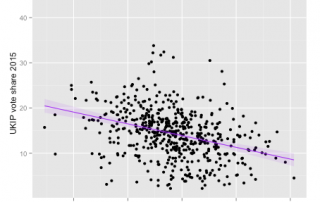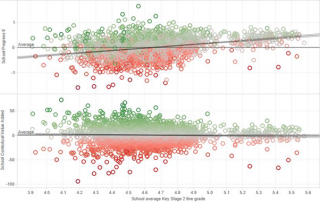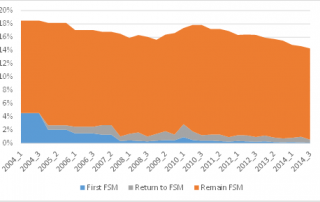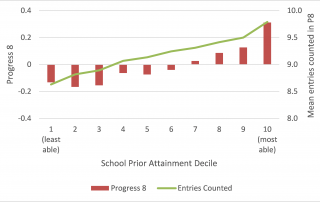Missing Talent: Raising the aspirations and achievement of the 7,000 highly able pupils who fall behind at secondary school
Every year there are high achievers at primary school, pupils scoring in the top 10% nationally in their Key Stage 2 (KS2) tests, yet who five years later receive a set of GCSE results that place them outside the top 25% of pupils. There are about 7,000 such pupils each year, 15% of all those [...]










